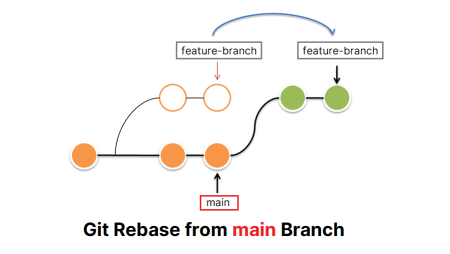When managing Linux systems, especially Ubuntu and Debian, understanding where to find crontab logs is crucial for system administrators and developers. This article delves into the specifics of locating and interpreting cron logs in these popular distributions.
Cron is a time-based job scheduler in Unix-like operating systems. Users employ this utility to schedule jobs (commands or scripts) to run periodically at fixed times, dates, or intervals. Crontab, the cron table, is a configuration file that specifies shell commands to run periodically on a given schedule.
Default Cron Log Location
In both Ubuntu and Debian, cron jobs and their outputs are typically logged by the syslog daemon, not in a dedicated cron log file. By default, these logs are routed to /var/log/syslog. To view cron-related entries, one can use the grep command:
grep CRON /var/log/syslog
This command filters the syslog for entries containing “CRON”, which typically indicates cron jobs.
Configuring Separate Cron Logs
For easier monitoring, some administrators prefer to have a dedicated cron log file. This can be achieved by configuring the rsyslog service, which handles system logging.
- Edit Rsyslog Configuration: Open /etc/rsyslog.conf and uncomment or add the following line:
cron.* /var/log/cron.logThis line directs any log entry from the cron facility to a dedicated file, /var/log/cron.log.
- Restart the Rsyslog Service: After editing, restart the rsyslog service to apply changes:
sudo systemctl restart rsyslog - Verify: Check if /var/log/cron.log is being populated with cron job logs.
Reading and Understanding Cron Logs
Cron logs typically contain the date, time, hostname, the cron service identifier (CRON), the user who ran the cron job, and the command executed. For instance:
Jul 5 10:00:01 hostname CRON[12345]: (username) CMD (command)
This entry shows that a cron job ran a command at 10:00 AM on July 5th.
Troubleshooting Cron Jobs
If a cron job is not running as expected, checking the cron logs is the first step in troubleshooting. Common issues include incorrect cron syntax, permission problems, or environmental issues.
Additional Tips
- Ensure cron service is running: sudo systemctl status cron.
- For detailed troubleshooting, consider temporarily increasing log verbosity.
- Regularly monitor and archive logs to avoid disk space issues.
By effectively utilizing cron logs, system administrators and developers can ensure their scheduled tasks run smoothly and troubleshoot any issues that arise.
Conclusion
Understanding how to locate and read cron logs in Ubuntu and Debian is essential for effective system management and troubleshooting. Whether using the default syslog or a dedicated cron log file, these logs are invaluable resources for monitoring scheduled tasks and diagnosing problems.

